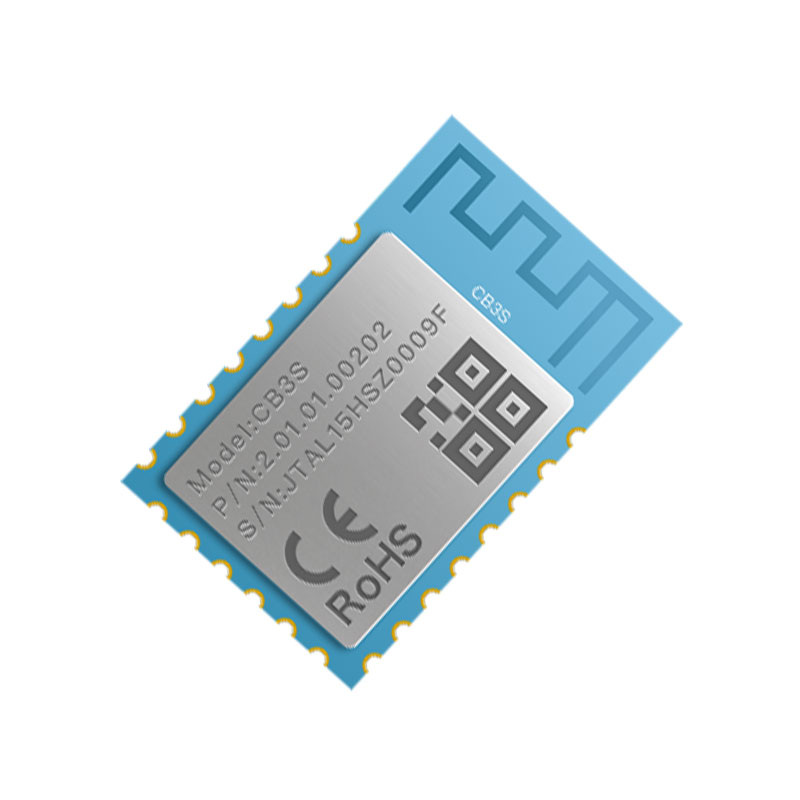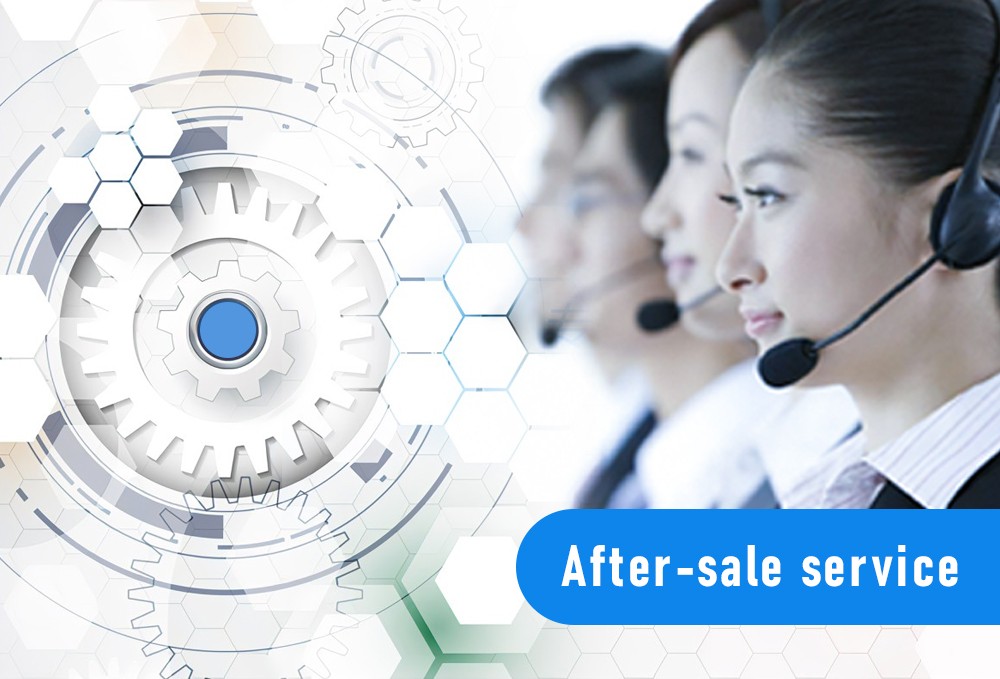The key role of IoT modules: realizing the vision of smart cities With the continuous advancement of technology and the rapid development of urbanization, smart cities have become an important direction for future urban development. To realize the vision of smart city, IoT (Internet of Things) module plays a key role. The application of IoT modules enables all aspects of cities to be intelligentized, thereby improving the efficiency, sustainability and quality of life of residents in cities.

First of all, one of the key roles of IoT modules in smart cities is to realize intelligent transportation systems. By combining sensor and communication technologies with transportation infrastructure, IoT modules can monitor traffic flow, road conditions and parking space usage in real time. This enables cities to better manage traffic flow, reduce traffic congestion and emissions, and improve traffic efficiency. In addition, the IoT module can also communicate with intelligent vehicles to realize automatic driving and intelligent navigation, further improving the intelligent level of the transportation system.
Second, another key role of IoT modules in smart cities is to realize smart energy management. By connecting energy devices and sensors to IoT modules, cities can monitor energy usage and efficiency in real time. This enables cities to better manage energy supply and demand, optimize energy distribution and reduce energy waste. For example, IoT modules can monitor the energy consumption of buildings and automatically adjust the operation of lighting and air conditioning systems according to demand to improve energy efficiency. In addition, IoT modules can also communicate with renewable energy devices to realize intelligent energy production and storage, and promote the transformation of cities to sustainable energy.
In addition, IoT modules also play an important role in other areas of smart cities. For example, by connecting sensors and monitoring devices with IoT modules, cities can monitor environmental pollution, waste disposal, and water resource utilization in real time to better manage the city's environment and resources. In addition, IoT modules can also be applied in smart buildings, smart security, smart medical care and other fields to provide safer, more convenient and more efficient services. However, realizing the vision of a smart city will not happen overnight. In the process of promoting the development of smart cities, there are still some challenges and problems that need to be solved. For example, data security and privacy protection are important issues in the development of smart cities, and corresponding policies and technical measures need to be formulated to protect the data security of individuals and cities. In addition, the construction of smart cities also requires the cooperation and joint efforts of the government, enterprises and all sectors of society to ensure the sustainable development of smart cities.
In conclusion, IoT modules play a key role in realizing the vision of smart cities. By connecting various devices and sensors to IoT modules, cities can realize intelligent transportation, intelligent energy management, and intelligent environmental resource management. However, the construction of smart cities still faces some challenges and requires the joint efforts of the government, enterprises and all sectors of society. Only through cooperation and innovation can we together realize the vision of smart cities and create a better and smarter living environment for people.
 Trolink Joint With Tuya to Make Iot Benefit Every Family
Trolink Joint With Tuya to Make Iot Benefit Every Family
 5 Key Indicators for WiFi Module Selection You Have to Know !
5 Key Indicators for WiFi Module Selection You Have to Know !
 IOT module is the brain of smart products
IOT module is the brain of smart products
 What is the signal coverage range of the WiFi module chip?
What is the signal coverage range of the WiFi module chip?